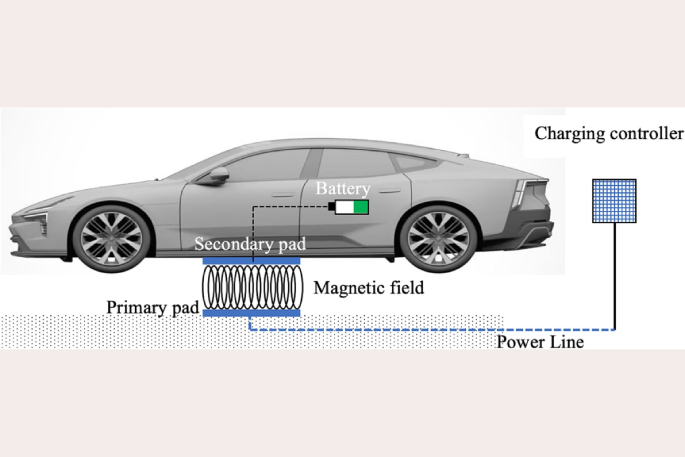A survey is showing that Kiwi drivers are ready to embrace wireless EV technology.
Dynamic wireless charging technology allows electric vehicles to charge while in motion, offering a promising solution to the limitations of fixed charging stations.
A survey of 1150 existing and prospective electric vehicle drivers shows that although people have concerns about the safety and charging cost of dynamic wireless charging, it's viewed positively overall.
On-road charging systems could revolutionise how we think about EV charging, making it more convenient and less time-consuming for users, say the University of Auckland researchers behind the study: Analysing electric vehicle users' intention to use dynamic wireless charging facilities: A study from New Zealand.
Doctoral candidate Ramesh Majhi, senior lecturer Prakash Ranjitkar (Faculty of Engineering) and senior research fellow Selena Sheng (Business School) designed a survey to explore people's views of wireless charging technology.
The results showed that 93 per cent of respondents are optimistic about dynamic wireless charging technology and would like to try it in the future.
The most compelling advantage of wireless charging, according to those surveyed, is its usefulness, mainly due to the ease and convenience it offers to EV users, potentially transforming the current charging experience by complementing stationary charging stations.
 Dynamic Wireless Charging image from research paper. Image: University of Auckland.
Dynamic Wireless Charging image from research paper. Image: University of Auckland.
The study shows that people who prioritise sustainability are more inclined to support and use dynamic wireless EV charging.
Additionally, urban users are more likely to adopt the technology than their rural counterparts.
Social influences, including the behaviour and choices of peers, were also found to affect drivers' decisions to use the tech.
Despite the overall enthusiasm, the findings reveal concerns about data privacy, electromagnetic radiation and the potential costs associated with the adoption and use of wireless in-road technology.
“Dynamic wireless charging may not be practical for meeting urban transportation demands. However, it offers significant advantages for intercity travel by reducing EV drivers’ reliance on plug-in charging stations that often cause detours on highways,” says primary investigator Dr Majhi.
The study insights are crucial for developing effective measures and policies for the successful integration of dynamic wireless charging into the transportation network, says Dr Sheng.
“The movement toward adopting EVs for their sustainability in reducing greenhouse gas emissions faces hurdles regarding inadequate charging infrastructure.
"This is where in-road charging lanes will be of benefit, and it’s essential for policymakers to know how best to manage the rollout of this kind of technology in future and to ensure people’s concerns are understood, and hopefully alleviated.”



0 comments
Leave a Comment
You must be logged in to make a comment.